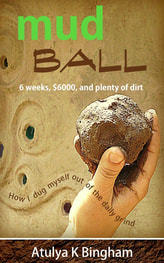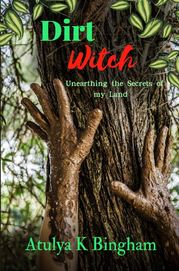|
Summer is always the worst. The days too long, the grass too fast growing, and winter never ceases to jab at the edges saying, “get ready for me, I’m not that far away.” This summer the sky opened wide and blue like a shark’s mouth. The brown teeth of the sierra ringed my world, chomping at the hot flabby days. Green slopes yellowed in desiccation, and I’m sorry to say I desiccated with them. After three years of this barn lark, of squeezing my life into a couple of hen coops, of no hot water, no mod cons, nothing even vaguely labour-saving even on the horizon, I’ve reached the husk of myself. The trouble is, that hasn’t stopped me. The great pendulous carrot that is “Moving Into My Barn” has been hanging just near enough to entice me, but just far enough to elude me. Typically, the going has been incremental. Summer slid hot and distended over the months. While the rest of Europe dry-roasted, we slow-boiled. My muscles grew steadily heavier, my body slower. I kept going. Every day I did something towards that barn: cutting wattles, weaving them, building wardrobes and pantries, mixing plaster, sanding wood. The bedroom began to take shape. It encouraged me. Bismil, a Turkish friend, came to help a few times. It boosted me further. Things turned the corner out of the cul-de-sac of the impossible and I started to find places my eyes could rest that weren’t entirely overwhelming. But ultimately we only have so much energy. It’s probably the biggest lesson of off-grid living that we all have to learn. Time isn’t the overlord; it’s energy. And the longer you’re in the game, the more precious that energy becomes. Burnout It was Hilde who broke the camel’s back. She got sick and died, and it was one enervation too many. Finally it happened. I burned out. Thus I broke like a wave on a rocky beach. There was so much foam, and the undertow so powerful, I couldn’t see the shore. So I drove bleary-eyed from the seaside, away from tides and winds and big stone barns, towards other bodies of water and other lands. Towards the mountains of Portugal. New World “I’ll show you the watering tomorrow. Right now I just want to chill out for a bit.” Tiffany sat opposite me on the picnic bench in denim shorts and a flowing blouse. She pulled at the ring top on a bottle of beer. We clunked bottles and drank. I scanned this new world. Courgette plants wriggled over bracken mulch, huge cucumbers dripped from hazel tripods, and clusters of ripe cherry tomatoes glistened temptingly on vines. Hot dry air burned my nostrils, and for the first time in months my skin wasn’t toad-clammy, but warm and crisp like tanned leather. It felt good, to be honest. Taking a swig of beer, I gazed out at the lilac sky. It was as smooth as silk, only broken by an eerie plume of smoke rising from behind the mountain. “Another fire,” Tiffany bowed her head. “It’s so sad. A quarter of the park has gone, all ancient forest.” I blinked. The bubbling smoke looked like a pyroclastic cloud from a volcano. “We need rain so much. We’re praying for it. I’m not going to lie, this year I almost considered giving up. Off-grid burnout. There’s so much to do, and I have to earn a living too. And then the water shortages, and all these fires...” I nodded. “I’m right there with you. I’m broken, to be honest. But do you really think you would leave?” I could hear insects whirring in the woodland, and the healing aroma of the pine trees began to work its magic on my sinuses. Just sitting here was therapy. Tiffany pulled a batik scarf over her shoulders as the temperature started to drop. “How would I give this up? I don’t think I could go back to that other life.” I nodded. “Me too. I lived in a flat for eight months after I left Turkey. I was miserable. Here there’s the land, the nature, the beauty, the clean food and water... What was your vision for this place, you know, when you first bought it?” Pulling her salt and pepper hair back, Tiffany straightened, her face came to life. “I wanted it to be a healing place for women, like a retreat with a yurt or cabin they could stay in and meditate while I bring them food.” My eyes widened as I heard this. My idea of heaven. “But...” Tiffany waved her beer at the staccato of beautiful terraces flowing with grapevines and massive fig trees. The moon was rising now over the mountain, and the entire vista turned mythical. “But I don’t have enough money for more infrastructure. I need a shower, and at least some basics.” Her voice trailed off. My thoughts and feelings followed them, and I wondered if I’d made a mistake. I needed a rest, but surely this was more of the same. More roughing it. More discomfort. I eyed the bell tent I was going to stay in and then the chicken coop, and felt my throat catch. I was tired. So tired. The Pond Three days later I was plucking a ripe cucumber, feeling very differently. The morning sun gilded the burgeoning vegetable gardens and my skin was sucking up the UV hungrily. My muscles were softening, my head quietening. There was space around the jagged edges of me now to move, to think, to breathe. Chickens pottered about in the terrace below. The grapes were ripening. And the pond rippled with bulrushes and frogs. The pond was my favourite element in Tiffany’s gorgeous off-grid world. That there could possibly be such a beautiful little body of water in a drought of this severity seemed a divine blessing, a glistening oasis of hope hiding in a barren fire-beaten outback. I stared into that pool often and was reminded of fairy tales. It was fed by spring water, brimmed with insects and amphibians, and it smelled muddy and pondy with damson flies flitting over it like messengers from the faerie realm. Then there was the water mine. Every day I collected drinking water from a tiny cave in the rocks. Depending on the time of day, any manner of creatures would come hurtling out: bats, birds, bees, flies, and then there were the strange water spiders that skated on the surface in clumps. They would crawl all over you as you sank your bottle into the pool. In the evenings as I stared around Tiffany’s land, the plants stretched higher and greener while the huge granite boulders hugged us. This land was so happy, so loved and so loving. I was moved and rejuvenated by it. The Simple Life Many people move to the sticks, but few and far between are those who can let go of their high-impact over-complex lifestyles and really hunker on down with the earth. Few are those who keep it simple. Few are those who are willing to use a composting toilet, who care about underground water seams and what they’re doing to them, who talk to trees, who do their best to refrain from bulldozing or destroying, who will go slower rather than faster. Few are those who truly love the land, the dirt, and nature. A lot of folk seem to just want free power, and a pleasing backdrop to copy and paste their former life onto. And it’s a free world, so I make no judgement on that, but it’s simply not healing or inspiring for me. However, after a couple of days in Tiffany’s very basic little off-grid Eden, I was thoroughly smitten. Nothing was wasted. Everything reused. In many ways the house wasn’t “naturally” built, but everything was upcycled and recycled, and that caring effort in and of itself was emitted by the building. It was humble, but real. All soul and no façade. The Vinegar Mother It was the kitchen though that was the mother of the space. A true witch’s lair, with shelf upon shelf of jars and bottles lining the walls. Tiffany had created this kitchen, and forged the shelves from driftwood. There were ample worktops, utensils, pots and pans. It was a kitchen made for and by someone who cooks real food— not crap from a packet, not processed poison, but real food. This was a workshop. A lab. There were homemade confitures, pickles, marmalades, and herb salts. Calendular flowers were drying in a corner. There were jars of home-grown teas and herbs, tinctures and oils. And no doubt if I’d looked hard enough I’d have found “Eye of Newt” and “Bat’s Wings” somewhere on those shelves too. But it was the rather terrifying creature in the demijohn that was the show-stealer. Every day I would pass this Frankenstein and shudder. What the hell was it? “That’s the vinegar mother. I’m having a go at making it using a kombucha scoby,” explained Tiffany by text. I blinked at the jar, half expecting an eye to open in it or something. The week rolled on. I noticed I was healing, and this was odd, because just like chez moi, there was no washing machine or fridge or mod cons. There was enough power for lights and a laptop but nothing more. I had to carry water, feed the chickens, and I slept in a tent. But despite all this I began to feel I didn’t want to leave. It made me consider my own beautiful land back up north, and whether it really is the land and this simple life that makes us burn out, or something else… I wanted it to be a healing place for women, like a retreat with a yurt or cabin they could stay in and meditate while I bring them nourishing home-cooked food. Tiffany’s vision rang round and round my mind that week, because from the housesitter’s perspective the vision was already a reality. This already was a healing retreat. Tiffany and the land had brought me nourishing home-cooked food. I had for the first time in months enjoyed time to myself without interruptions or construction tasks, duties or responsibilities. I wondered how I’d become so burdened, and how to re-simplify. All too soon my stay came to an end. Tiffany returned to the helm of her magical one-woman earthship. Meanwhile I considered my own vision for my own land. I had wanted it to be a sanctuary, a place I could live in solitude, meditate, and hear the Earth. Somehow I needed to ditch the extraneous noise and find the silence in myself again. And the joy. And the magic. Perhaps I needed to be a bit more like the vinegar mother. A bit more sour. A bit more freakish and intimidating. Perhaps I needed to protect the precious resource of my energy with a few bats and spiders like the water mine. Because the jobs never end in an off-grid world. There’s always something worthy you could be doing, and always someone or something that needs assistance. But while parts of us are infinite, other parts of us aren’t. Those parts of us require as much care as the very land we are guardians of. Time to remember. Time to remember our bodies are just as much a part of Gaia as the lands we hold in our care. If we can't protect and nurture them, then what exactly are we doing? You can follow Tiffany and her project on Facebook here. You can get a closer look into Tiffany’s genuine nature-loving retreat project or support her on Patreon here. Enjoy my stories? If you enjoy my writing and would like to support it (and me), do consider making a pledge on Patreon. All patrons have access to a video land report showing the latest progress, and can ask questions. Life changes dramatically when we inhabit the wider, more natural aspect of who we are. Each of us is a Gaian being plugged into a highly intelligent planetary network of life that constantly sustains us. We have the power to change the course of our entire landscape, and to thrive well beyond the limitations of our modern systems if we can sort out what's really natural within us, as opposed to what's been programmed.
Join me as I share with you my own experiences and means of hearing the land around me, and how I follow her nudges.
9 Comments
|
Atulya K Bingham
Author, Lone Off-Gridder, and Natural Builder. Dirt Witch
"Reality meets fantasy, myth, dirt and poetry. I'm hooked!" Jodie Harburt, Multitude of Ones.
Archives
November 2022
Categories
All
|

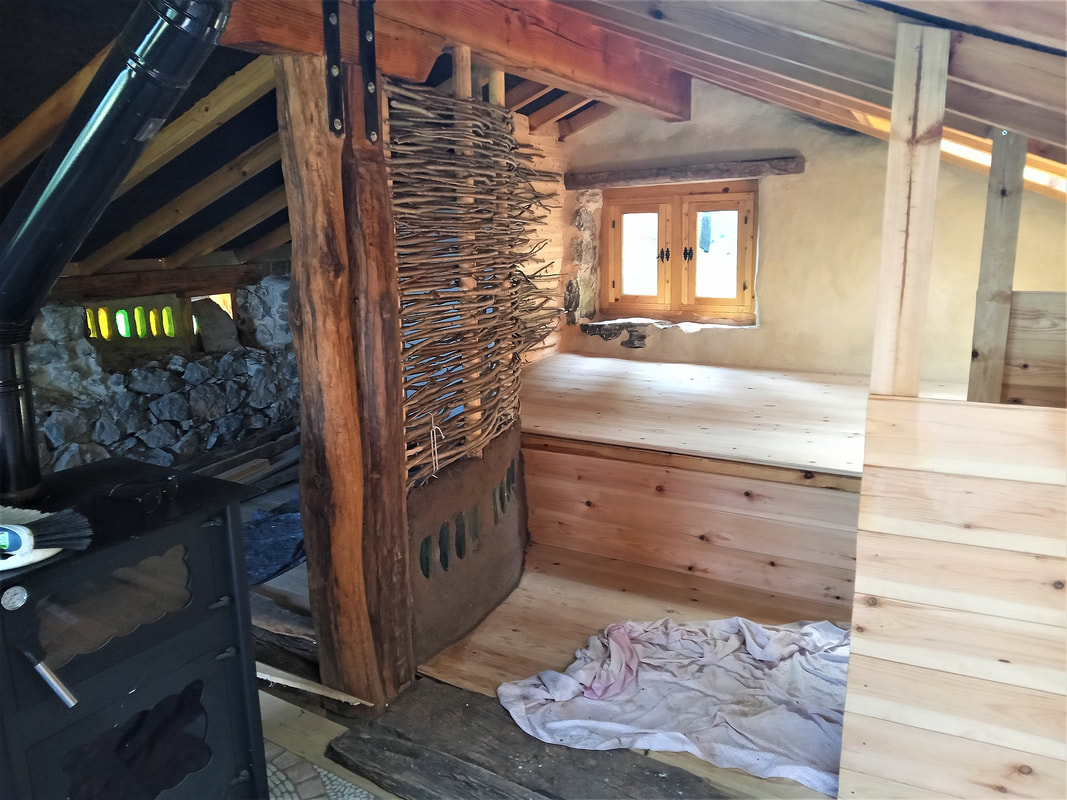
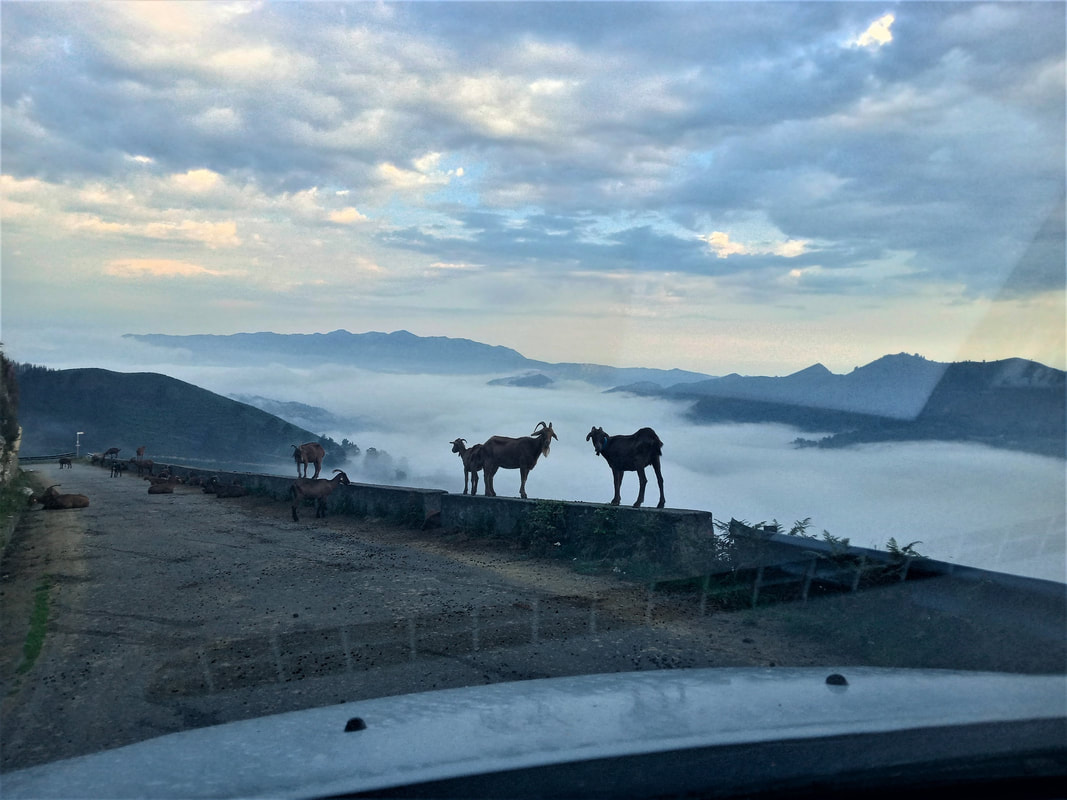
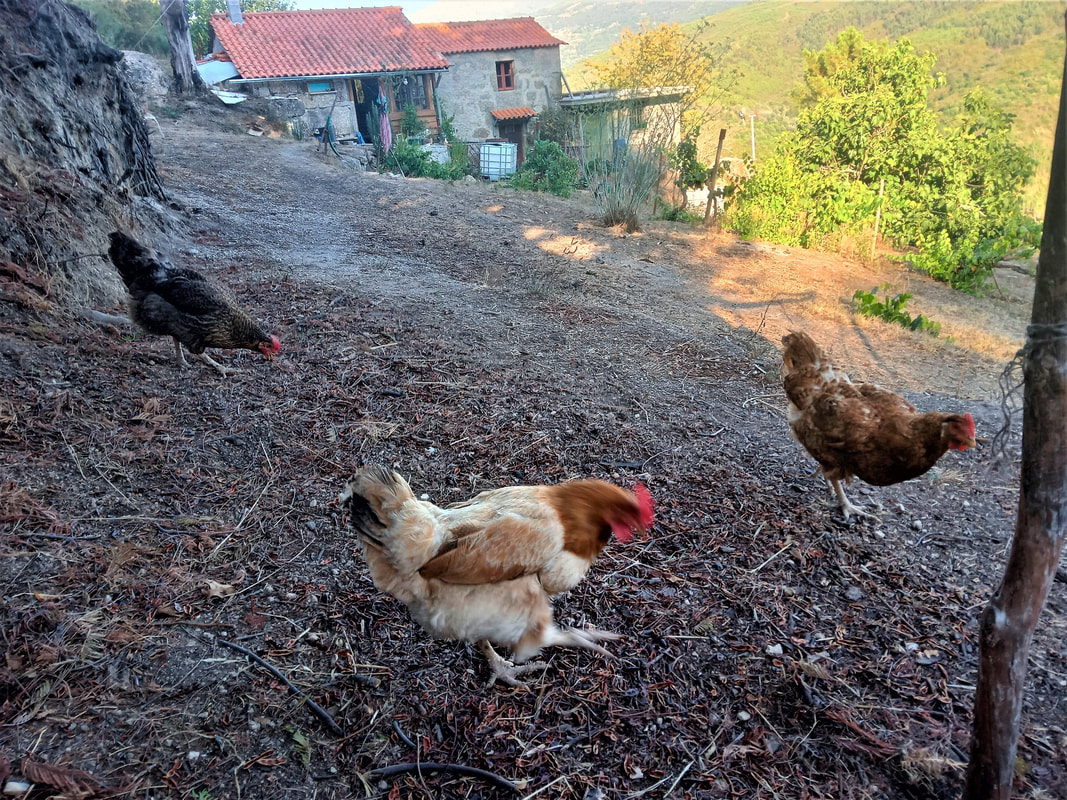
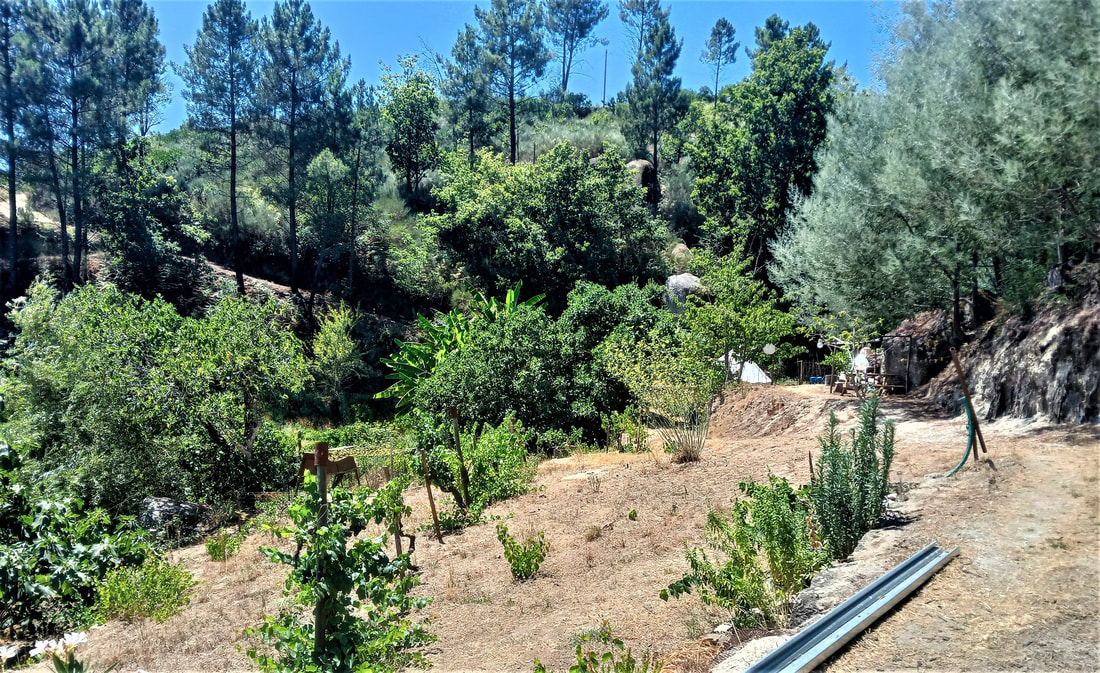
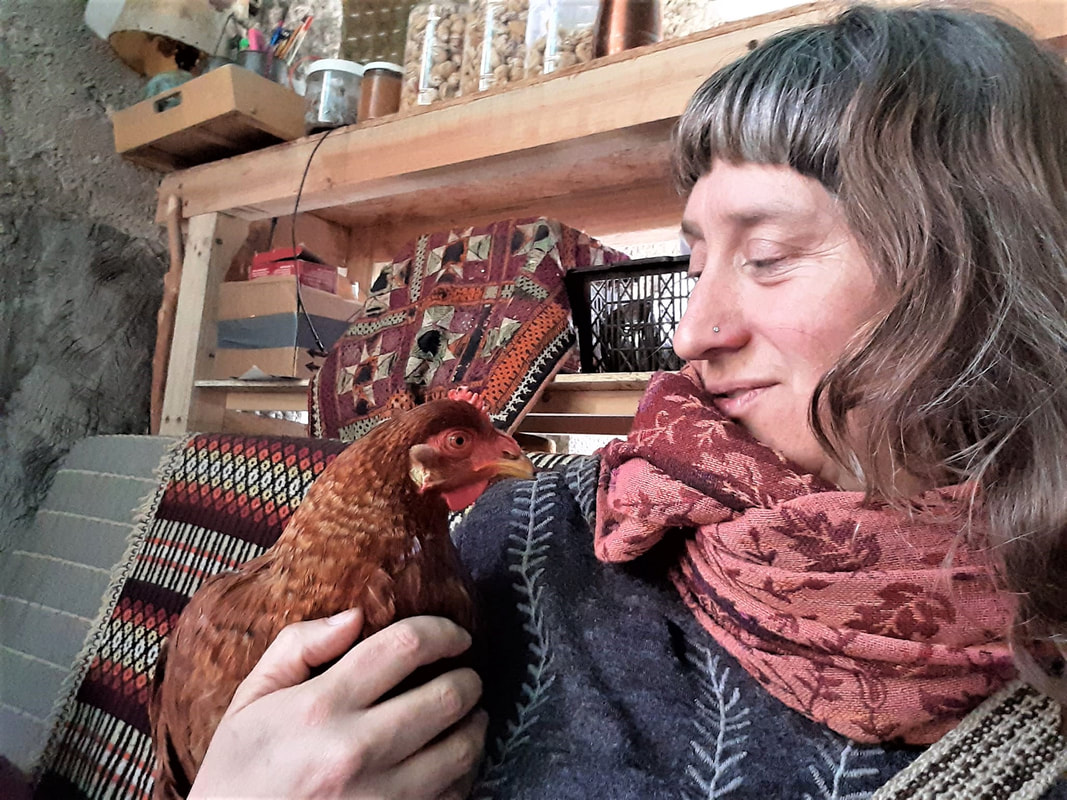
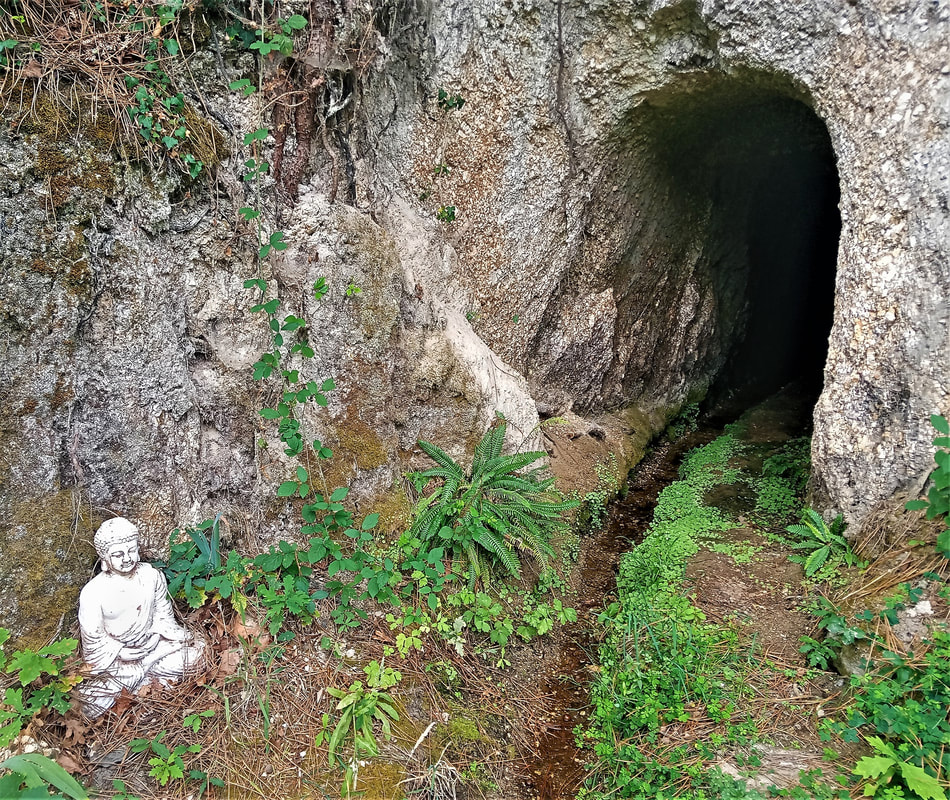
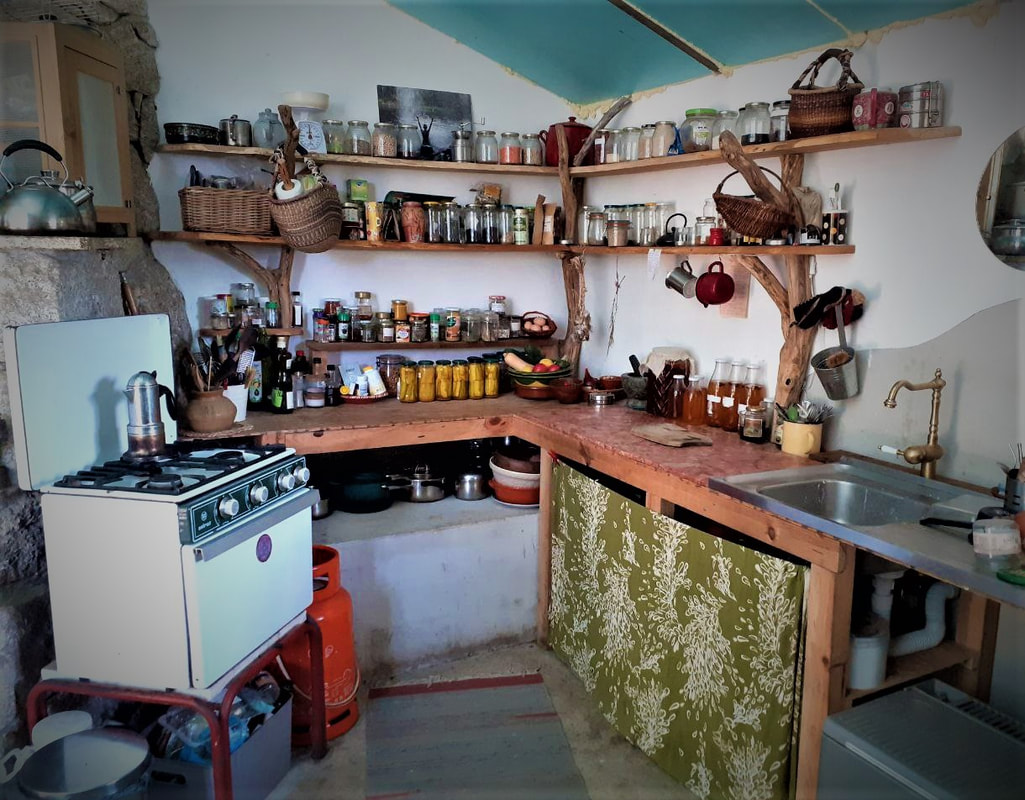
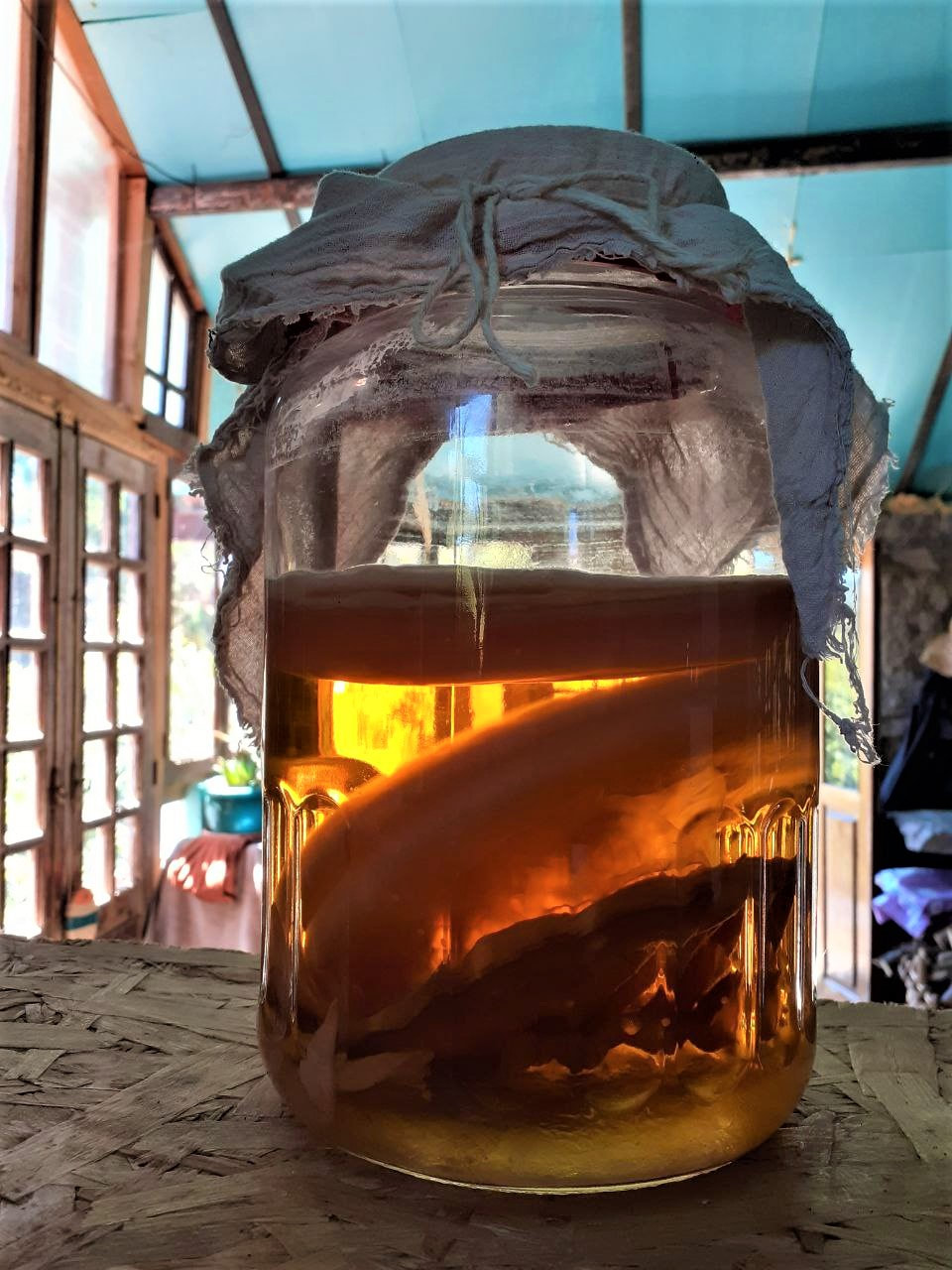
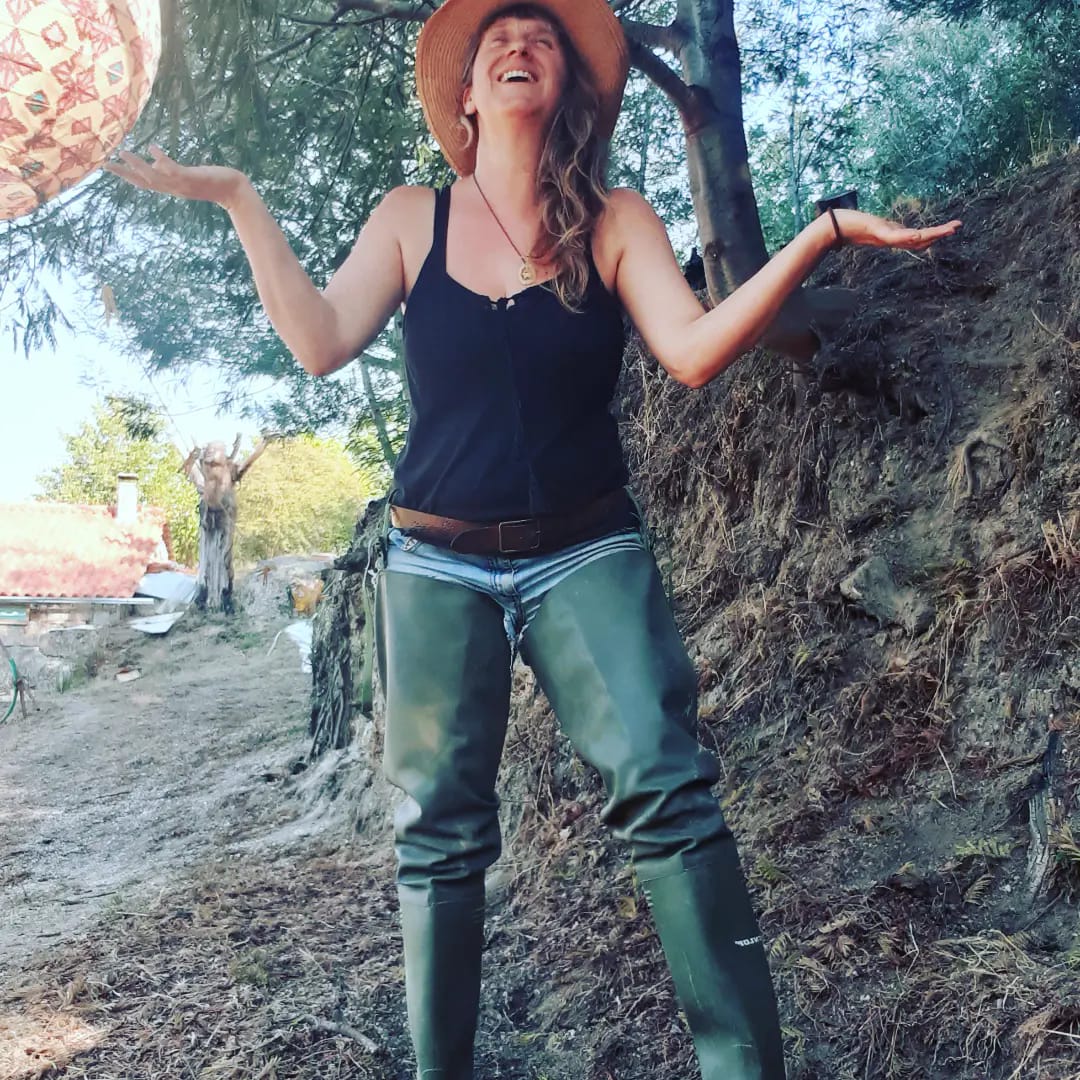
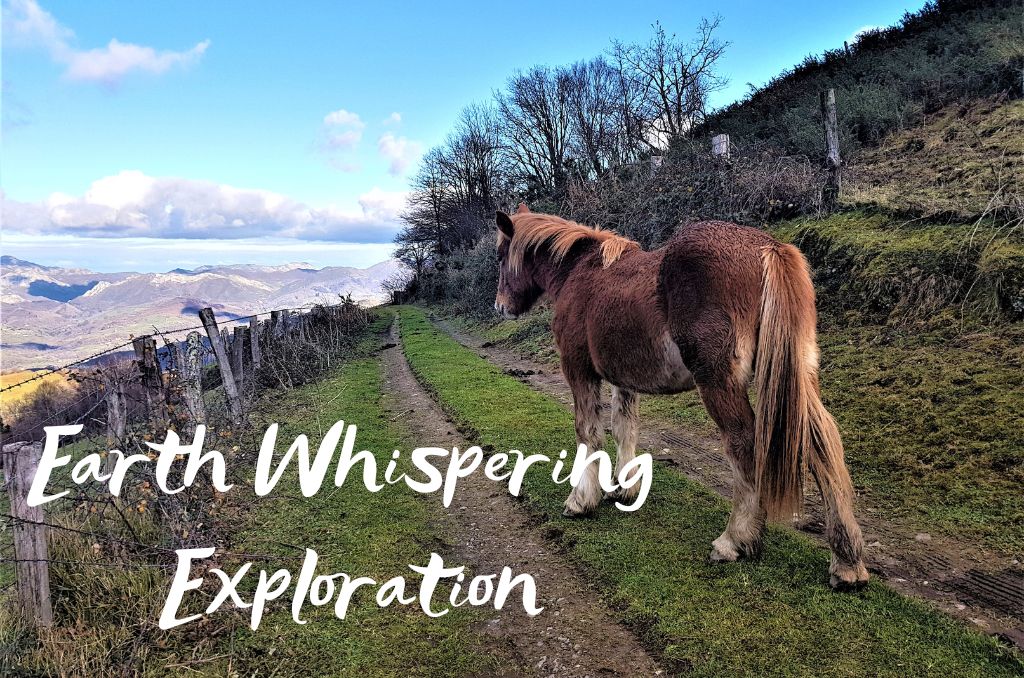

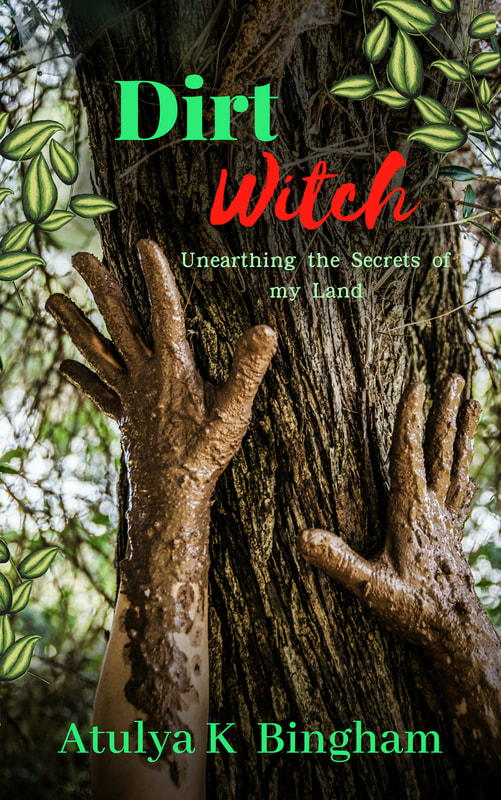
 RSS Feed
RSS Feed
